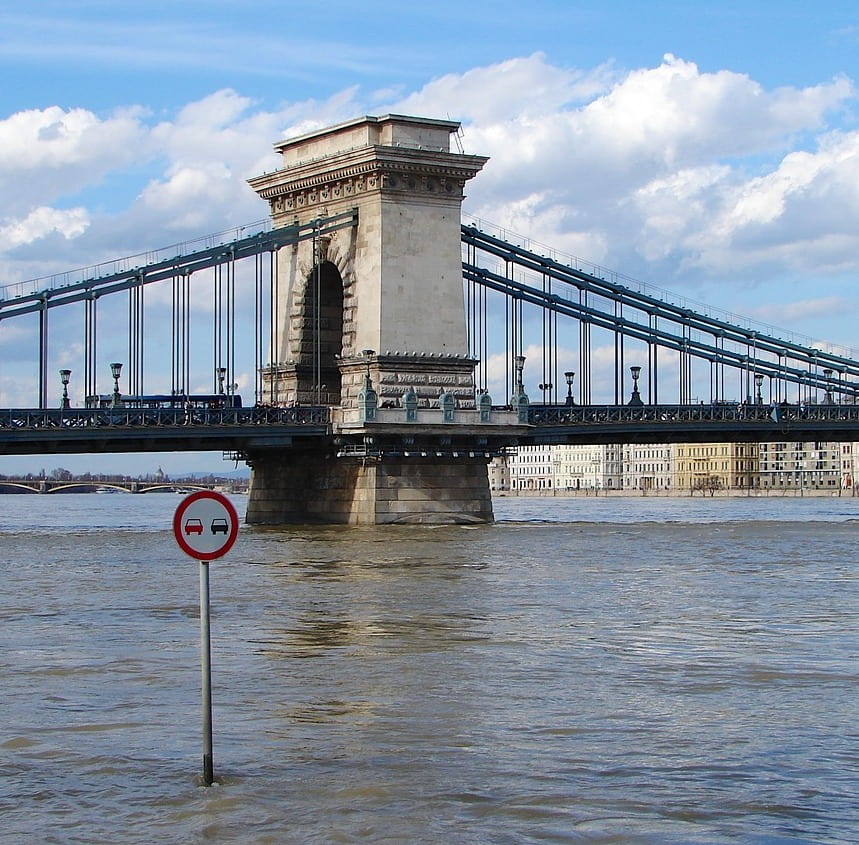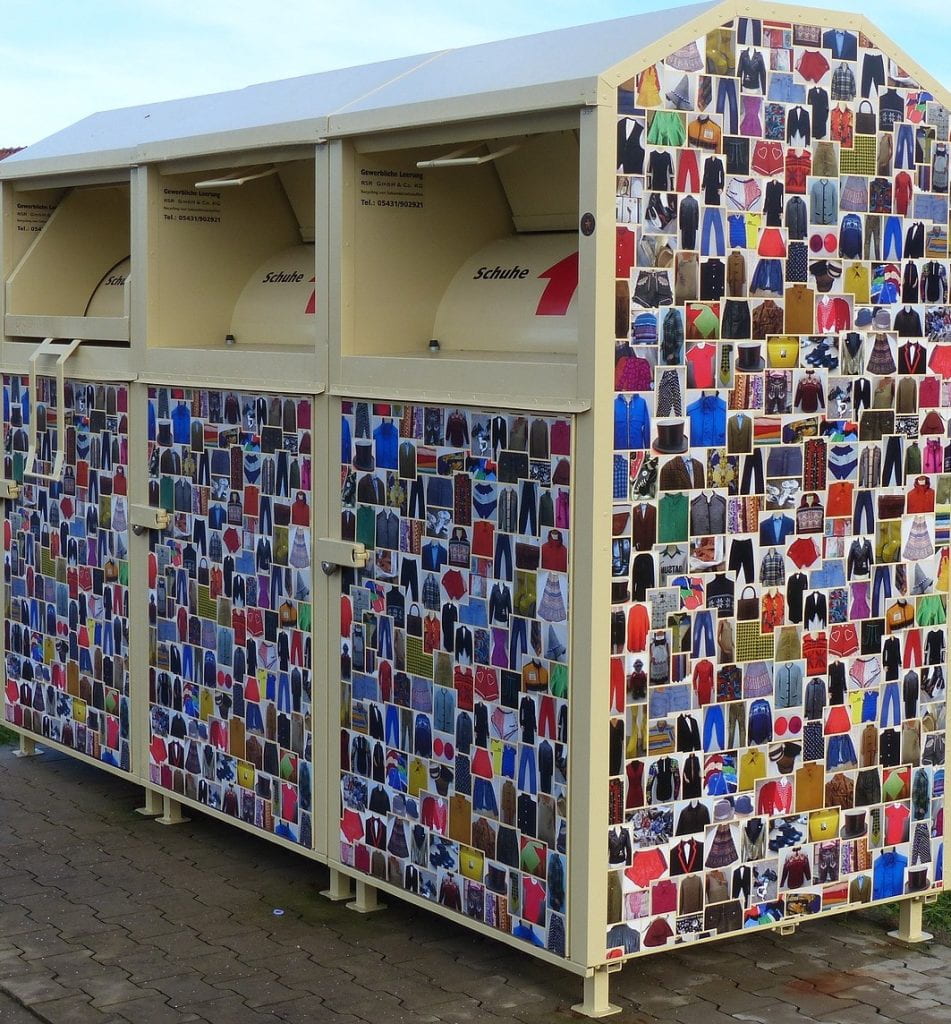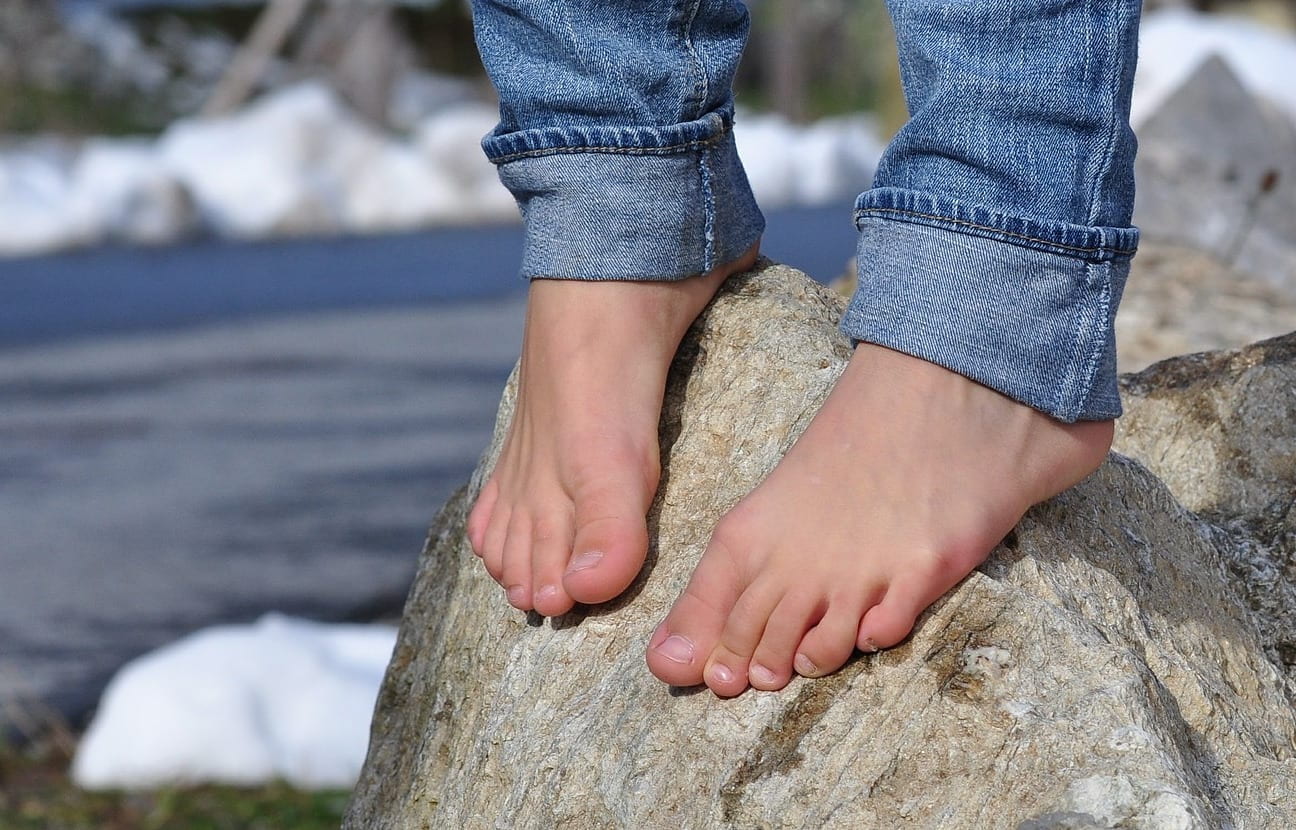Umweltprobleme und Umweltschutz A-Z
Posted by Roslyn Green in October 2022
Bildlexikon | Picture Dictionary 
Colour Coding of Nouns: Masculine | Feminine | Neuter | Plural
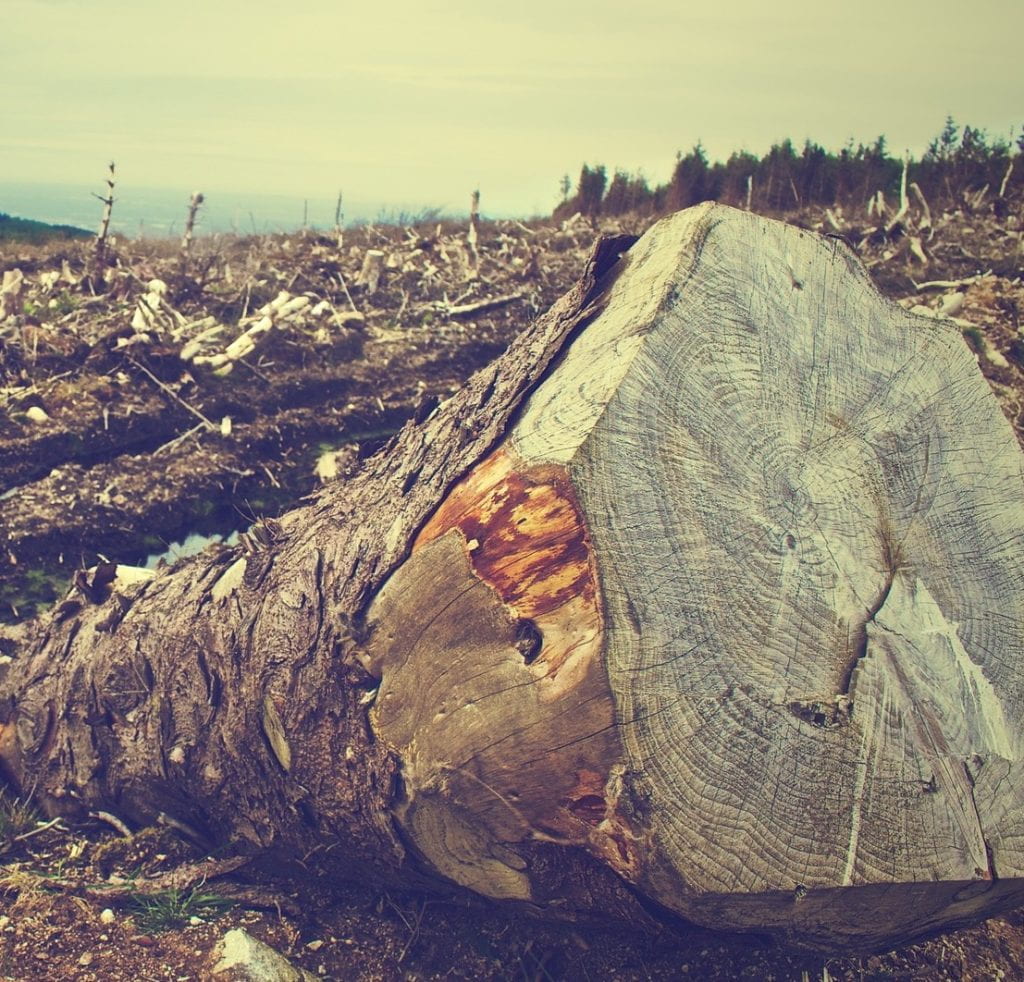
- die Abholzung – deforestation
- Bäume abholzen – cut down or clear trees
Image by Picography from Pixabay

- Bäume pflanzen und schützen – plant and protect trees
- Bodenerosion verursachen / vermeiden – cause / avoid soil erosion

- die Dürre
- Dürren nehmen zu – droughts become worse or occur more often
Image by Luis Iranzo Navarro-Olivares from Pixabay

- Energie sparen – save energy
- den Energieverbrauch reduzieren
- erneuerbare Energien fördern – foster / promote renewable energies
- die globale Erwärmung – global warming
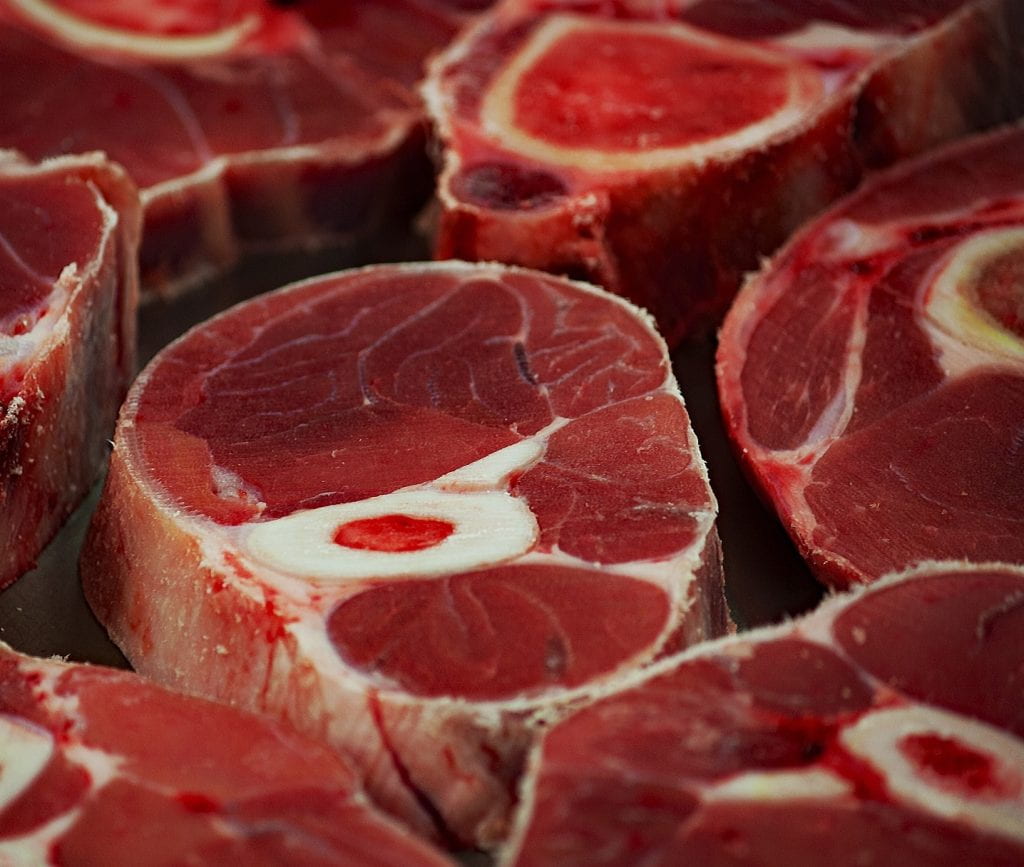
- das Fleisch
- kein / weniger Fleisch essen – eat no meat / less meat
Image by Uwe Ruhrmann from Pixabay

- die Gefahr
- Der Klimawandel ist eine Gefahr für die Menschheit. – Climate change is a danger for humanity.
Image by Clker-Free-Vector-Images from Pixabay

- die Heizung
- das Haus so effizient wie möglich heizen – heat the house as efficiently as possible
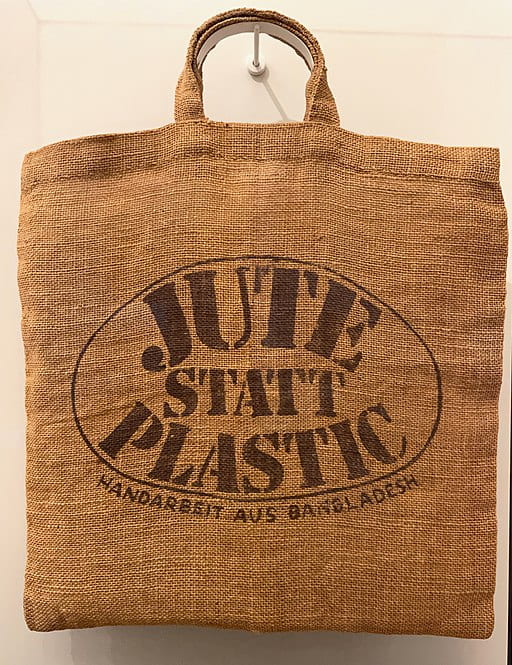
- der Jutebeutel – jute bag (the picture above shows a 40-year-old slogan to reduce plastic use)
- die Jutetasche, Stofftasche – jute or cloth bag
Adrian Michael, CC BY-SA 3.0, via Wikimedia Commons
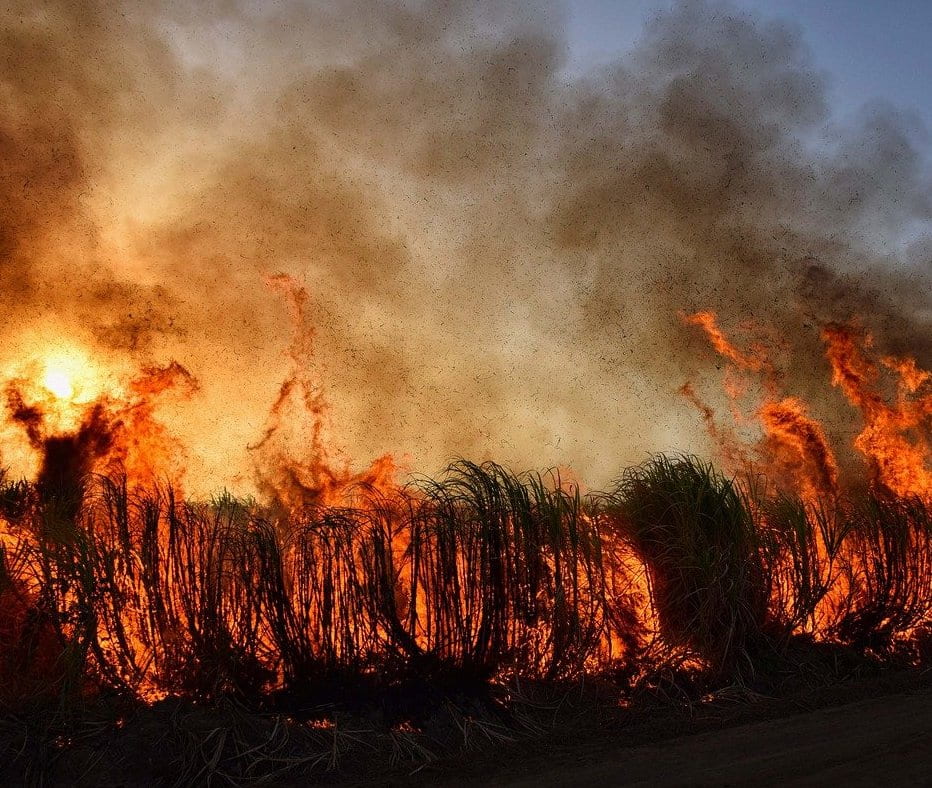
- der Klimawandel oder die Klimaveränderung – climate change
- gegen den Klimawandel kämpfen – fight against climate change
Image by Patou Ricard from Pixabay

- die Luftverschmutzung – air pollution
- die Luft mit Abgasen verschmutzen – pollute the air with waste or exhaust gases
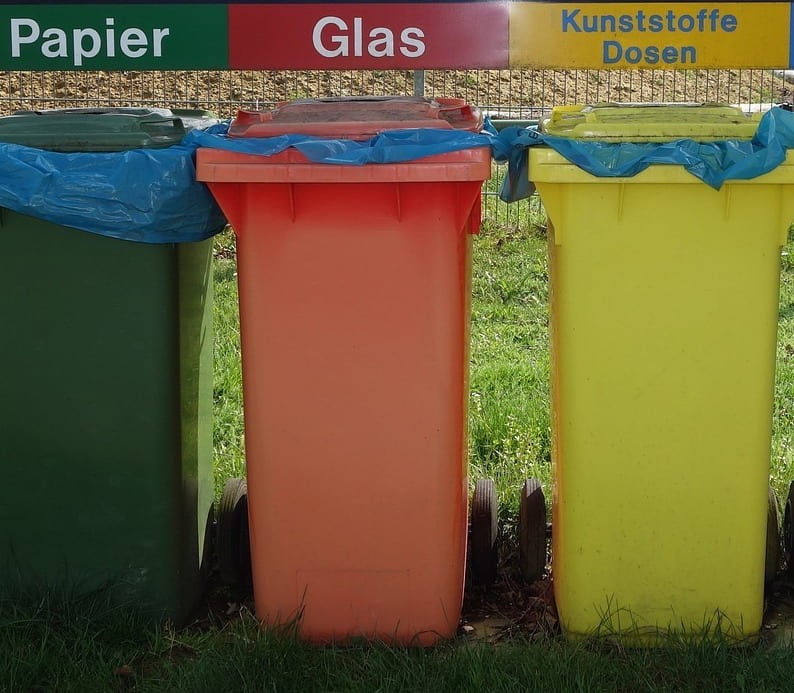
- die Mülltrennung – waste separation / sorting
- den Müll trennen – separate or sort waste
- mehr / weniger Müll produzieren – produce more / less rubbish
Image by Michael Schwarzenberger from Pixabay
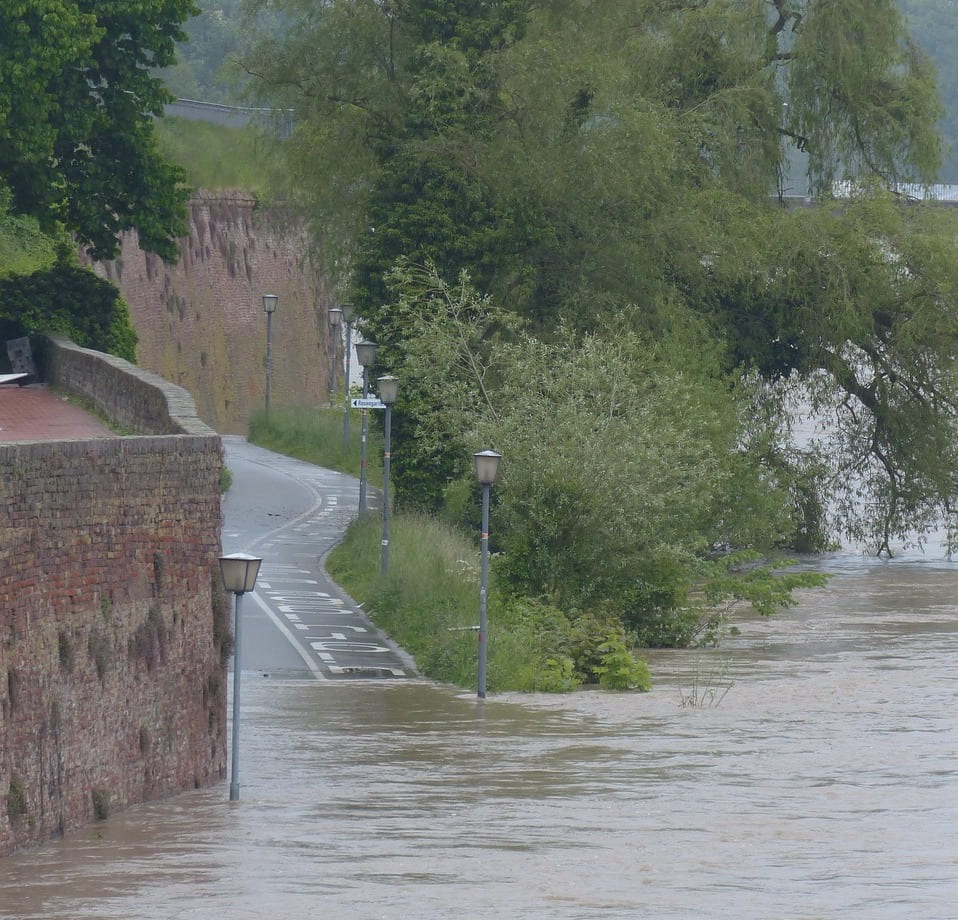
- Naturkatastrophen vorbeugen – prevent or take precautions against natural catastrophes
- die Nachhaltigkeit – sustainability

- das Ozonloch – hole in the ozone layer
- Ökosysteme schützen/zerstören – protect/destroy ecosystems
Image by Gerd Altmann from Pixabay
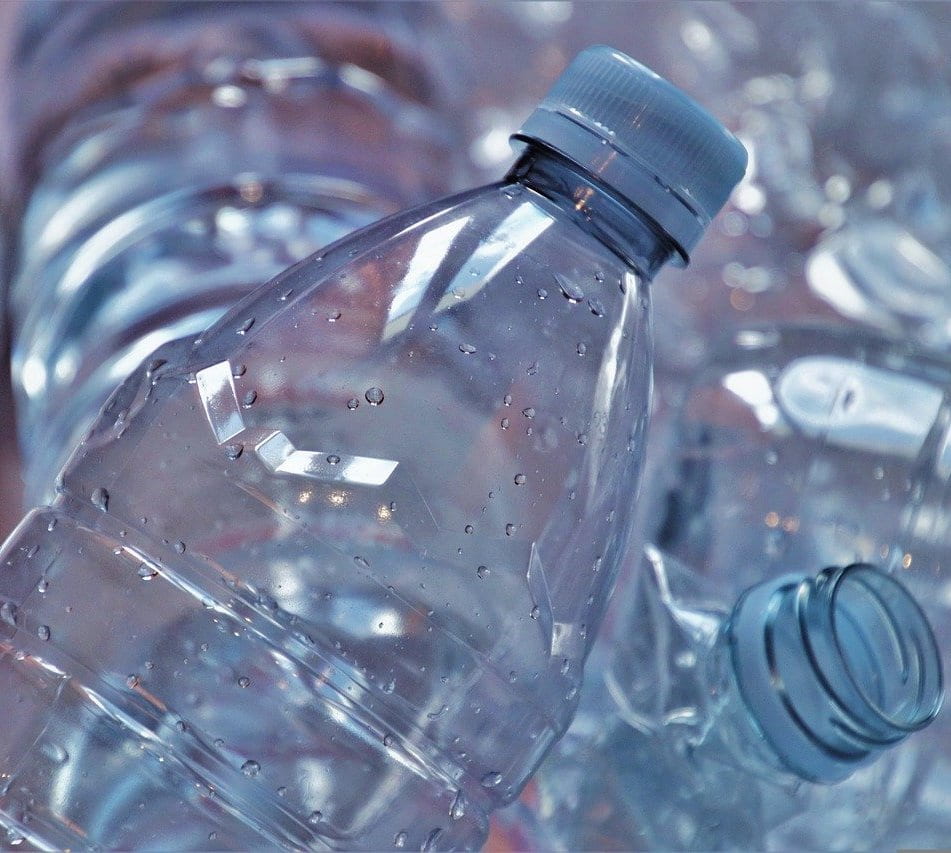
- die Plastikflasche – plastic bottle
- die Plastiktüte – plastic bag
- Plastik vermeiden – avoid plastic
Image by 💙♡🌼♡💙 Julita 💙♡🌼♡💙 from Pixabay

- die Regenwälder schützen – protect the rainforests
- Die Regenwälder produzieren eine Menge Sauerstoff. – The rainforests produce a great deal of oxygen.
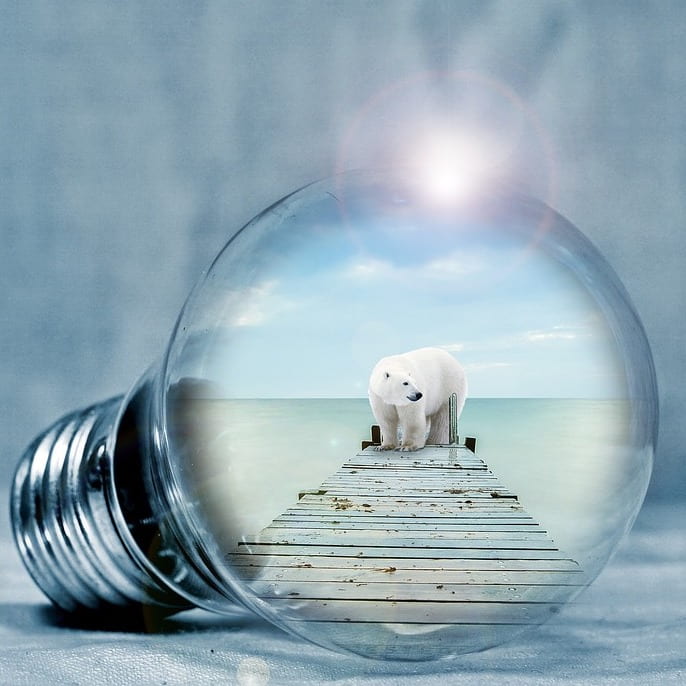
- Strom sparen – save electricity
- der Sauerstoff
- Sauerstoff ist lebensnotwendig. – Oxygen is essential to life.

- bedrohte Tierarten schützen – protect endangered species
- Treibhausgase emittieren / reduzieren – emit / reduce greenhouse gases
Image by Paul Brennan from Pixabay

- die Vielfalt der Natur für kommende Generationen bewahren – preserve the diversity of nature for future generations
- die Verpackung – packaging
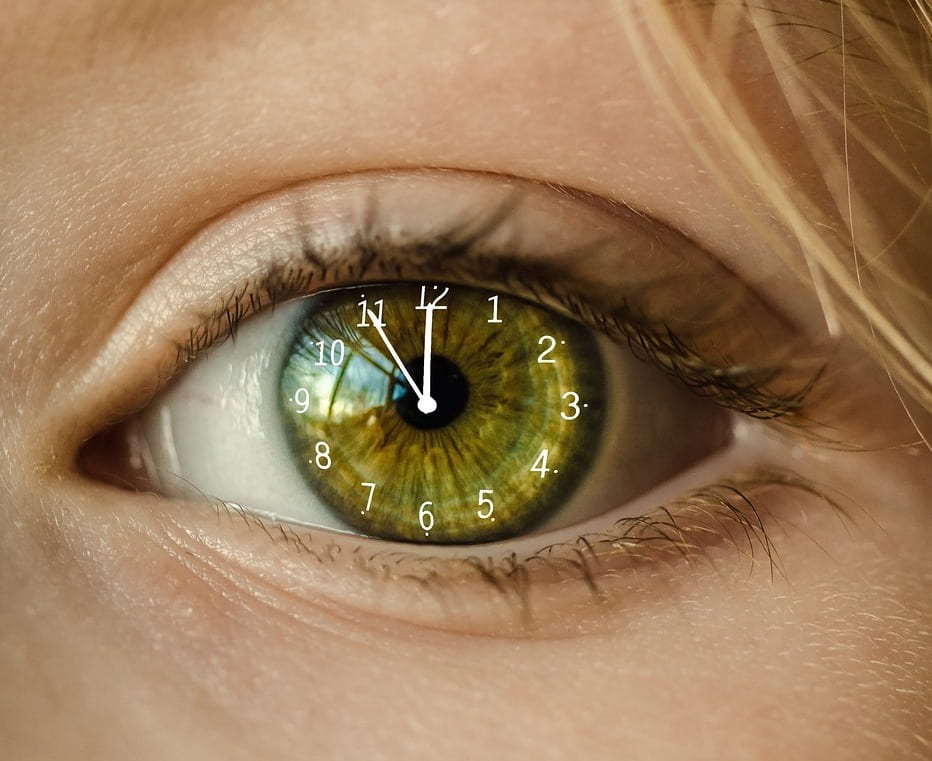
- Die Zeit ist knapp. Wir müssen handeln. – The time is short. We must act.
Image by Gerd Altmann from Pixabay
Quizzes and Activities 
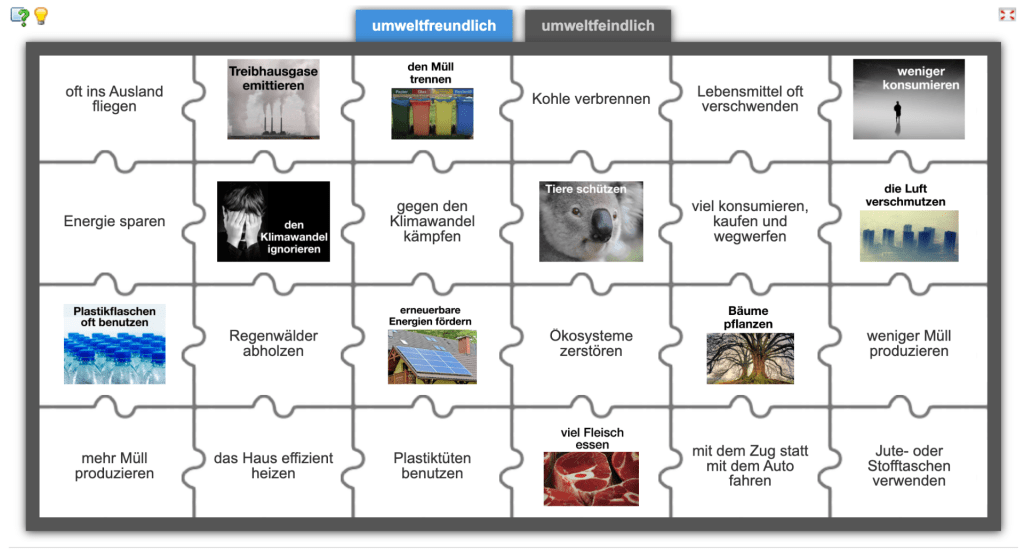
Puzzle: Umweltfreundlich oder umweltfeindlich? | Protective or harmful to the environment? 
Classify each action according to its likely impact on the environment. Reveal the picture under the puzzle.

Quiz: Umweltfreundlich oder nicht? | Environmentally friendly or not? 
Learn important verbs for talking about the environment and determine which actions are environmentally friendly and which might lead to negative impacts in the long term.
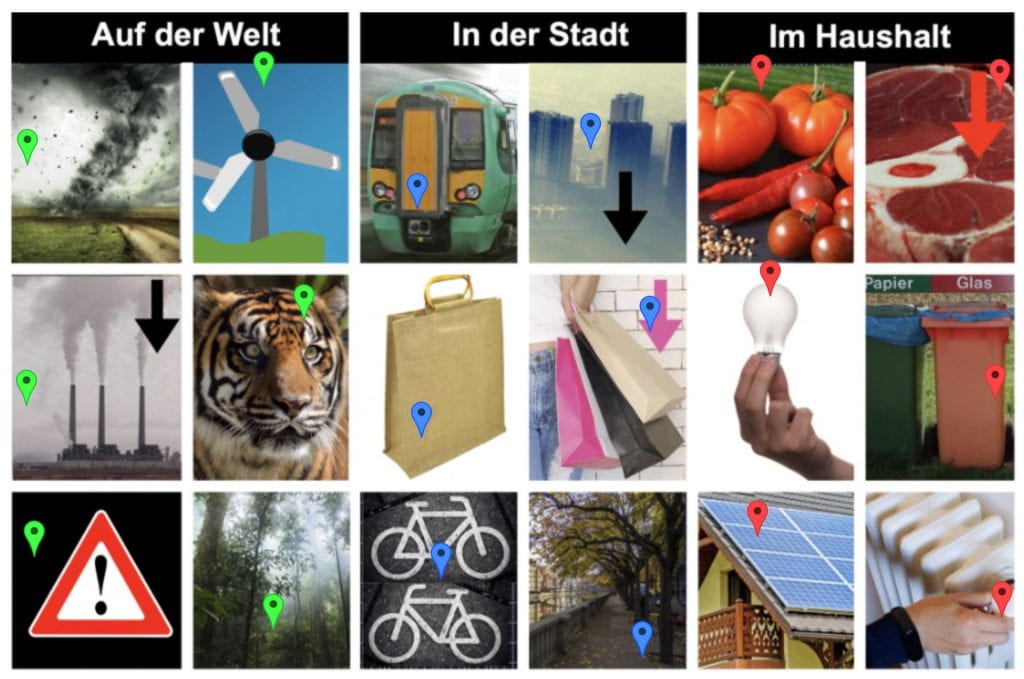
Match Pins and Labels: Umweltschutz: Haushalt, Stadt, Welt | Protecting the Environment: Household, City, World 
This quiz is quite difficult even though it is full of pictures. Click on the  for translations of all the phrasing. Each picture must be matched with a phrase about taking environmentally friendly action.
for translations of all the phrasing. Each picture must be matched with a phrase about taking environmentally friendly action.

